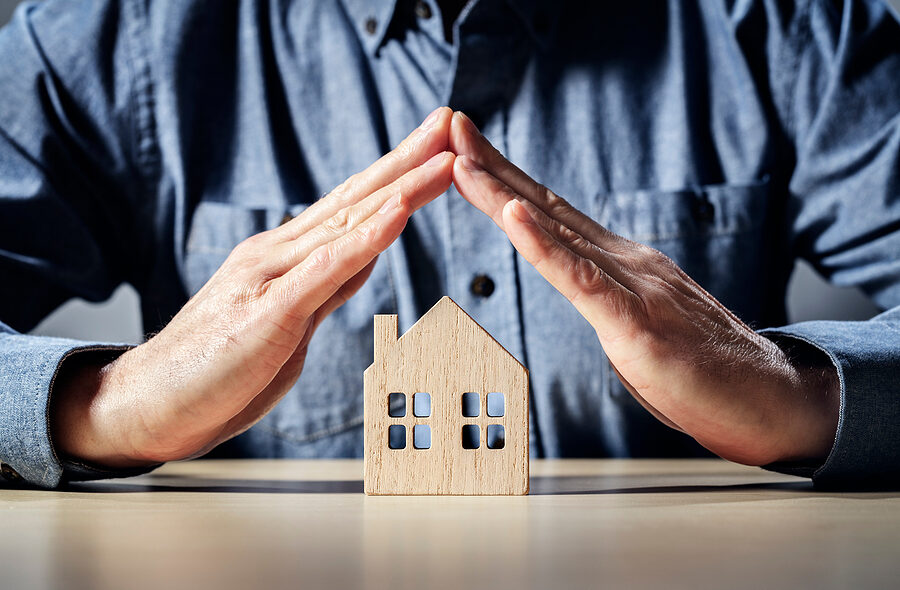When filing for bankruptcy many clients worry about losing everything they own, including the roof over their heads. However, the U.S. Bankruptcy Code provides bankruptcy exemptions, which allow the filer to protect certain property from being sold off during the course of bankruptcy. The State of Florida offers some of the most generous exemptions in the country for bankruptcy filers, including the homestead exemption.
The homestead exemption allows the filer to protect the equity he or she has in the home in which the filer resides. Florida bankruptcy law allows the filer to claim an exemption on his or her homestead for the full amount of the home, allowing him or her to keep the property during the bankruptcy. The key is, however, the homeowner must have bought and owned the property for at least 1,215 days prior to the bankruptcy filing.
The homestead exemption will allow the filer to keep his or her property in the end, once the case is over, if he or she is able to catch up on past payments while remaining current on his or her future payments for the duration of the bankruptcy case and beyond. The homestead exemption protects real or personal property, including a home, condominium, or mobile or modular home.
The homestead exemption has different effects, depending on the type of bankruptcy being filed.
In a Chapter 7 bankruptcy case, the bankruptcy trustee sells the filer’s nonexempt assets, using the proceeds of this sale to pay off debts. Since Florida’s homestead exemption covers all equity in the filer’s home, that means the trustee cannot sell the home to pay off debts. However, the filer will need to keep payments on the mortgage current, meaning that all past due payments are paid, and all future mortgage payments are paid, as well.
In a Chapter 13 bankruptcy case, the filer works with the bankruptcy trustee on a repayment plan to pay down debts over three to five years instead of selling off assets to pay debts. The mortgage is made part of this repayment plan, including past due debts and future mortgage payments. If the consumer can keep up on this plan and continues to keep the mortgage current, he or she will likely be able to retain ownership of the home at the end of the bankruptcy case.
If you have questions on this topic or are in financial crisis and considering filing for bankruptcy, contact an experienced Miami bankruptcy attorney who can advise you of all of your options. As an experienced CPA as well as a proven bankruptcy lawyer, Timothy Kingcade knows how to help clients take full advantage of the bankruptcy laws to protect their assets and get successful results. Since 1996 Kingcade Garcia McMaken has been helping people from all walks of life build a better tomorrow. Our attorneys’ help thousands of people every year take advantage of their rights under bankruptcy protection to restart, rebuild and recover. The day you hire our firm, we will contact your creditors to stop the harassment. You can also find useful consumer information on the Kingcade Garcia McMaken website at www.miamibankruptcy.com.
Related Resource:
Can Filing for Bankruptcy Save My Home? – FREE CONSULTATION (timothykingcade.com)

